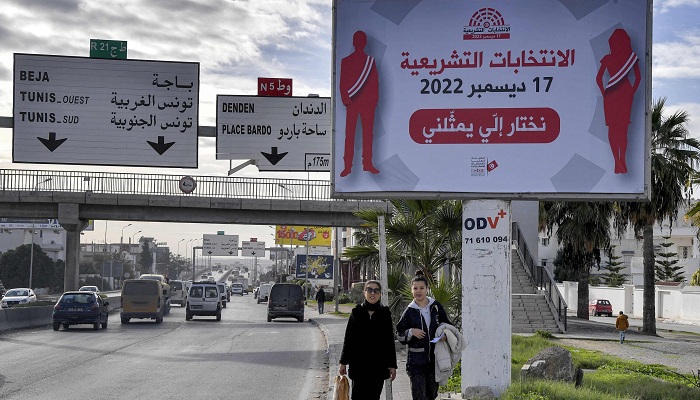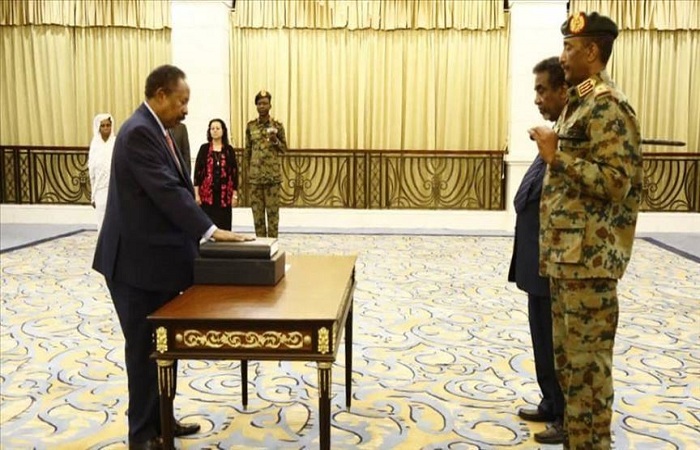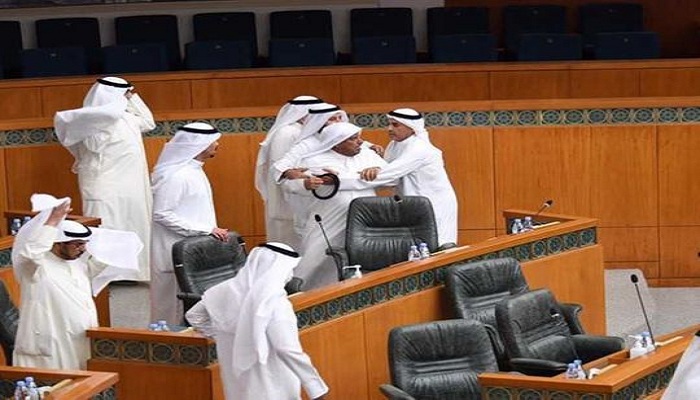Tunisia’s parliamentary election looked set for a very low turnout as most political parties boycotted, denouncing it as culmination of Kais Saied’s march to one-man rule.
Taking place 12 years to the day after Tunisian vegetable seller Mohamed Bouazizi set himself on fire in an act of protest that sparked the Arab Spring, the election is for a parliament that will have little influence.
By 3 p.m. (1400 GMT) about 7.2% of eligible voters had cast their ballots, the electoral commission said. By comparison, 13.6% had voted by 3.30 p.m. on the day of a referendum in July that had a final turnout of only about 30%.

Tunisia’s previous parliament, which Saied shut down last year as he moved to rule by decree in measures his foes called a coup, was elected with a turnout of about 40%.
Tunisians to decide fate of new constitution while opponents of referendum still unable to unite
Very low turnout for a largely powerless parliament likely dominated by independents lacking a unified agenda will give Saied’s critics ammunition to question the legitimacy of his political changes.
That may become more of a challenge to the president as the authorities wrestle with the need to implement unpopular economic reforms such as subsidy cuts to secure an international bailout of state finances.
The ongoing legislative elections in Tunisia are conducted with full transparency, Farouk Bouaskar, president of the Independent High Authority for Elections (ISIE).
“Two hours after the polls opened, a total of 270,032 voters have casted their ballots in the elections,” Bouasker said during a press conference held in the capital Tunis.
Tunisian Al Watania refuses to be part of parliamentary committee
According to Bouaskar, the African Union, the League of Arab States, the Carter Center, and the Organisation of Islamic Cooperation have all dispatched missions to the elections as international observers.
At 8 a.m. local time (0700 GMT) on Saturday, Tunisians began casting ballots in legislative elections at 4,551 voting centers and 11,310 polling stations across the country.
Preliminary results of the elections will be announced between Sunday and Tuesday.

Tunisian President Kais Saied announced on March 30 the dissolution of the Assembly of People’s Representatives, or the Tunisian parliament.
In December last year, Saied said a constitutional referendum would be held in July this year, followed by parliamentary elections at the end of 2022.



